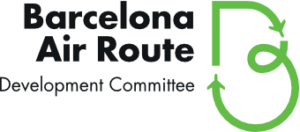
IATA: Safety Culture
The International Air Transport Association (IATA) launched the IATA Aviation Safety Culture (I-ASC) survey to support airlines in the implementation of Safety Management Systems (SMS) and building a strong safety culture in compliance with the recently upgraded standards and recommended practices (SARPS) of the International Civil Aviation Organization (ICAO).
ICAO safety management SARPS are contained in Annex 19, Safety Management, of the Convention on International Civil Aviation. In July 2016, Annex 19 was amended to strengthen safety management SARPs by requiring airlines (1) to develop and promote a positive Safety Culture. This requirement must be met by November 2019.
“Safe operations are underpinned by a safety-centric culture. I-ASC enables airlines to benchmark their performance on safety culture. In doing so, it feeds into the important process of continuous improvement that has helped to make flying the safest form of long-distance travel,” said Gilberto Lopez Meyer, IATA’s Senior Vice President, Safety and Flight Operations.
The existence and understanding of an airline’s safety culture is a prerequisite for successful and effective SMS implementation. I-ASC assists this process with objective self-assessment, leading to understanding and action.
Virgin Australia was one of the early adopters of the I-ASC survey and Michael Chapman, Virgin Australia’s General Manager Safety Systems said: “The I-ASC survey was really useful to allow us to review our results across different departments within our own business, as well as compare ourselves against others within the industry.”
I-ASC was developed in collaboration with Cranfield University (UK) and other key aviation stakeholders. It provides tangible, de-identified, unbiased and measurable insights into the safety engagement and perceived risk areas of frontline and management staff. The survey covers key safety culture drivers, such as management commitment, just culture and the learning organization. Importantly, I-ASC will help airlines benchmark safety culture issues by country, region, alliance or globally.
(1) 1.1.1 The service provider shall define its safety policy in accordance with international and national requirements. The safety policy shall: a) reflect organizational commitment regarding safety, including the promotion of a positive safety culture. ( Annex 19)
Add Info: http://www.iata.org/pressroom/pr/Pages/2017-11-21-01.aspx
Source: IATA / November 2017
Barcelona Air Route Development Committee
promotes Barcelona Airport intercontinental flight








